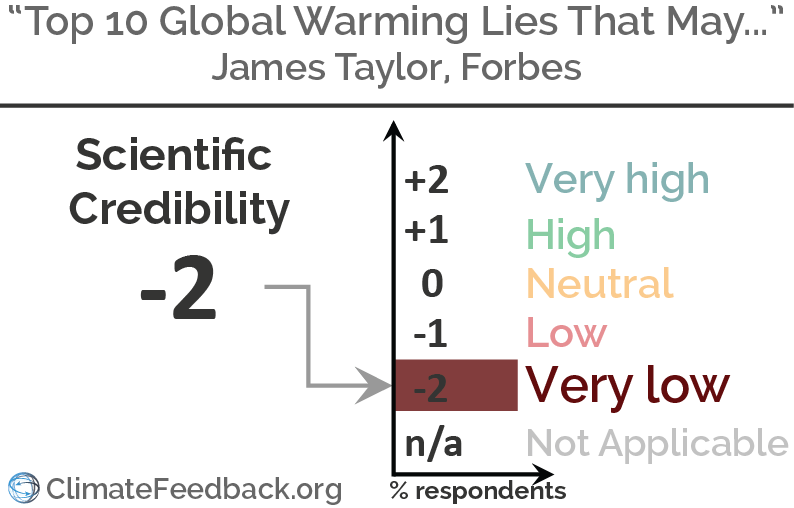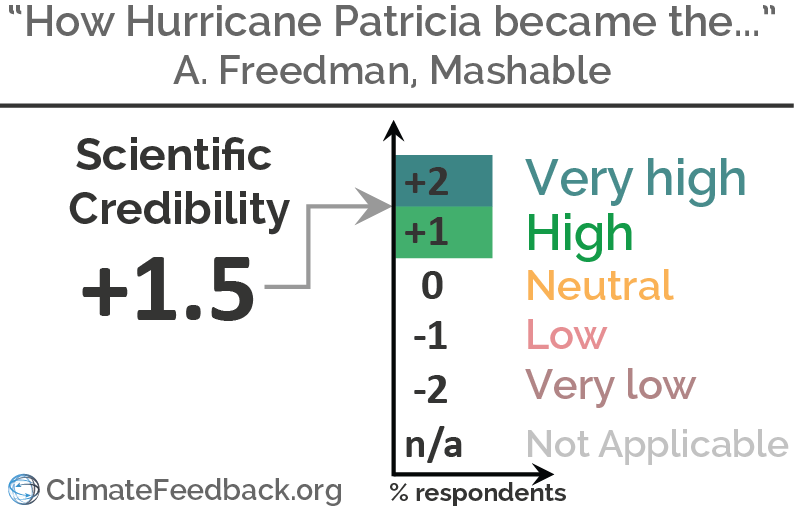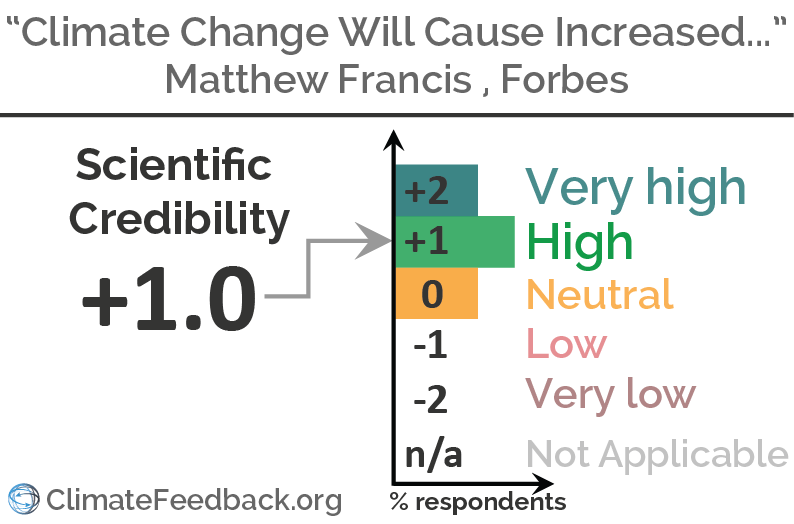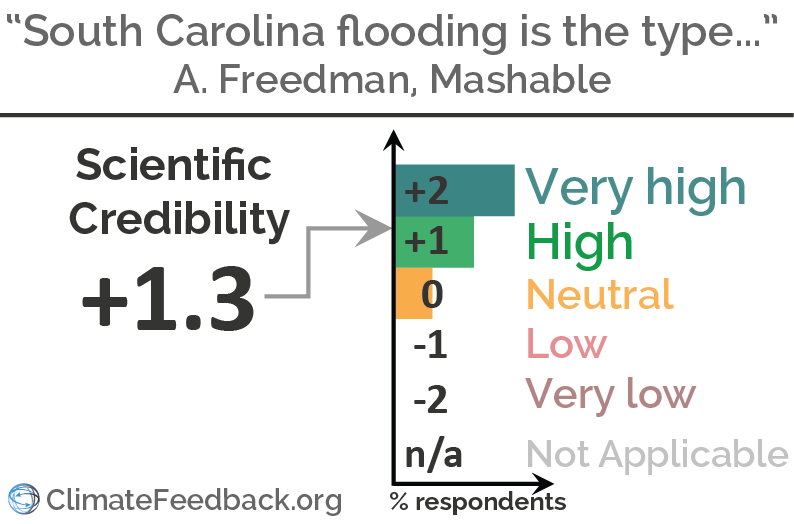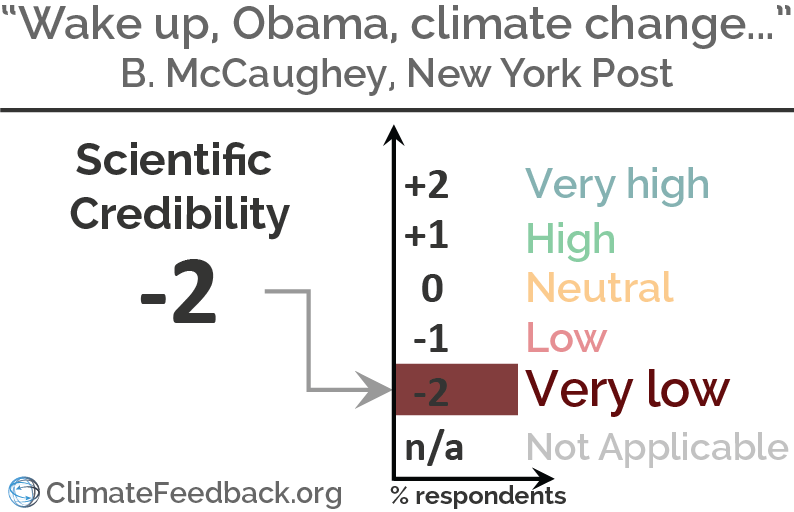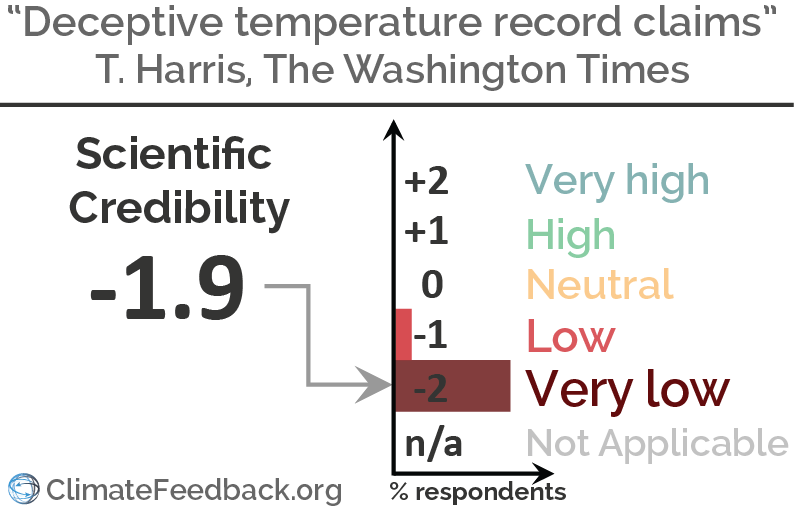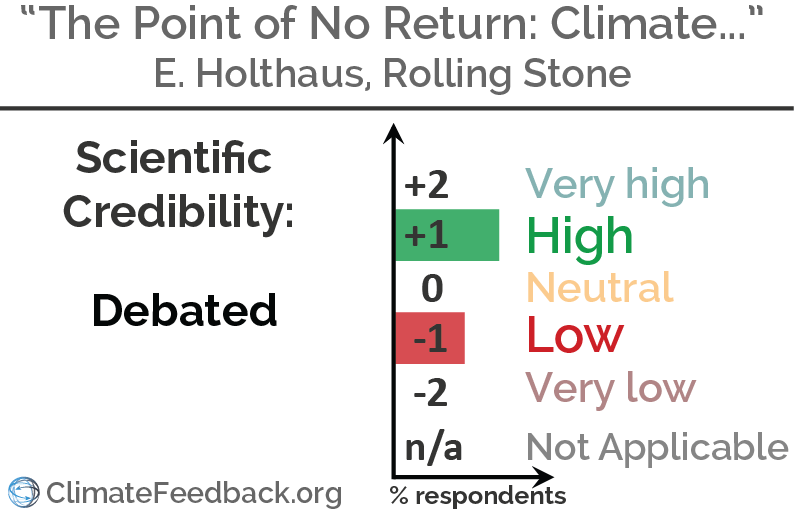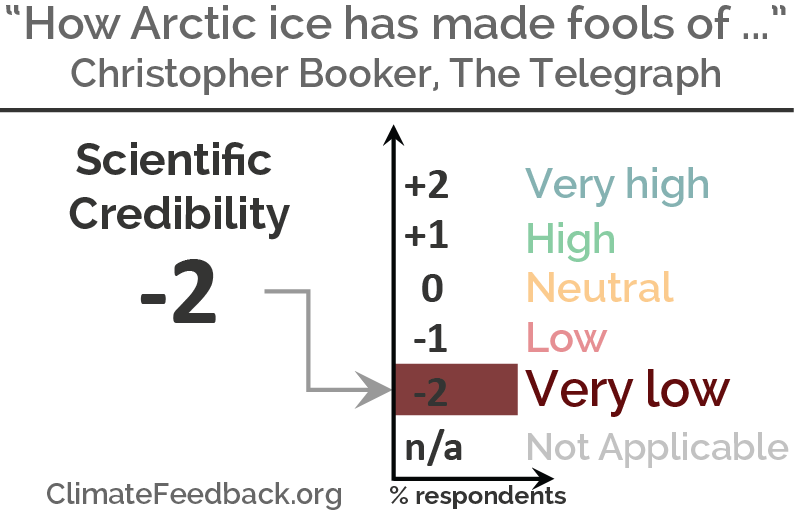Michael Wehner, Senior Staff Scientist, Lawrence Berkeley National Laboratory:
The link is to a blog by the author mostly about tornadoes. There is no consensus about tornadoes and climate change as of yet. There is indeed a recent drought in landfalling Atlantic hurricanes, which is also not well understood.
But the falsehoods in the statement quoted above remain.
1) Hurricanes. Recent modeling efforts from multiple groups, including mine, are reaching a consensus that at the GLOBAL scale, a warmer world will experience fewer named tropical cyclones. However, there is also a shift towards more intense hurricanes (cat 4 and 5) in these warmer simulations. It is important to note that a detectible signal in tropical cyclone statistics has not emerged. And a decline in number or intensity has certainly not been either detected nor attributed to anything at the global scale.
The claim is thus false.
2) Heat waves. Nothing could be farther from the truth than this quoted statement. See this recent paper for instance: Attribution of extreme temperature changes during
This example misses the point completely about probabilistic extreme event attribution. An event attribution statement is not
“Climate change caused this event”
Rather, an attribution statement reads more like:
“Climate change doubled the chance of this heat wave reaching the observed temperature”.
Implicit in this statement is that the probability of the heat wave in the pre-industrial world was not zero. As of this time, no event has been claimed to have been impossible prior to the human interference in the climate system. This could change in a 6K warmer world as projected in some 'business as usual' simulations.
So the bottom line is not that some heat wave in the distant past disproves climate change, rather that the odds of that event occurring again has increased. And that statement is true everywhere that has long observational records.
3) Droughts. On this matter, I am very conservative. But it is important to define what you mean by drought. Meteorological, agricultural or hydrological? Droughts usually involve all of these to some extent. Precipitation deficits, such as in California, are difficult to tie to climate change, although some have tried. Soil moisture deficits, on the other hand, are easy to tie to warmer conditions because of a strong dependence of evaporation on temperature. Hence, ag drought has become more severe, leading to increases in irrigation as well as increased fire risk. Hydrological drought can be very location-dependent. In California, given its dependence on Sierra snow pack, the real point is that temperature increases (which are higher at altitude) leads to snow deficit, regardless of any change in total precipitation.
The quoted statement is certainly false, as I am not aware of any statistically significant reduction in any measure of drought.
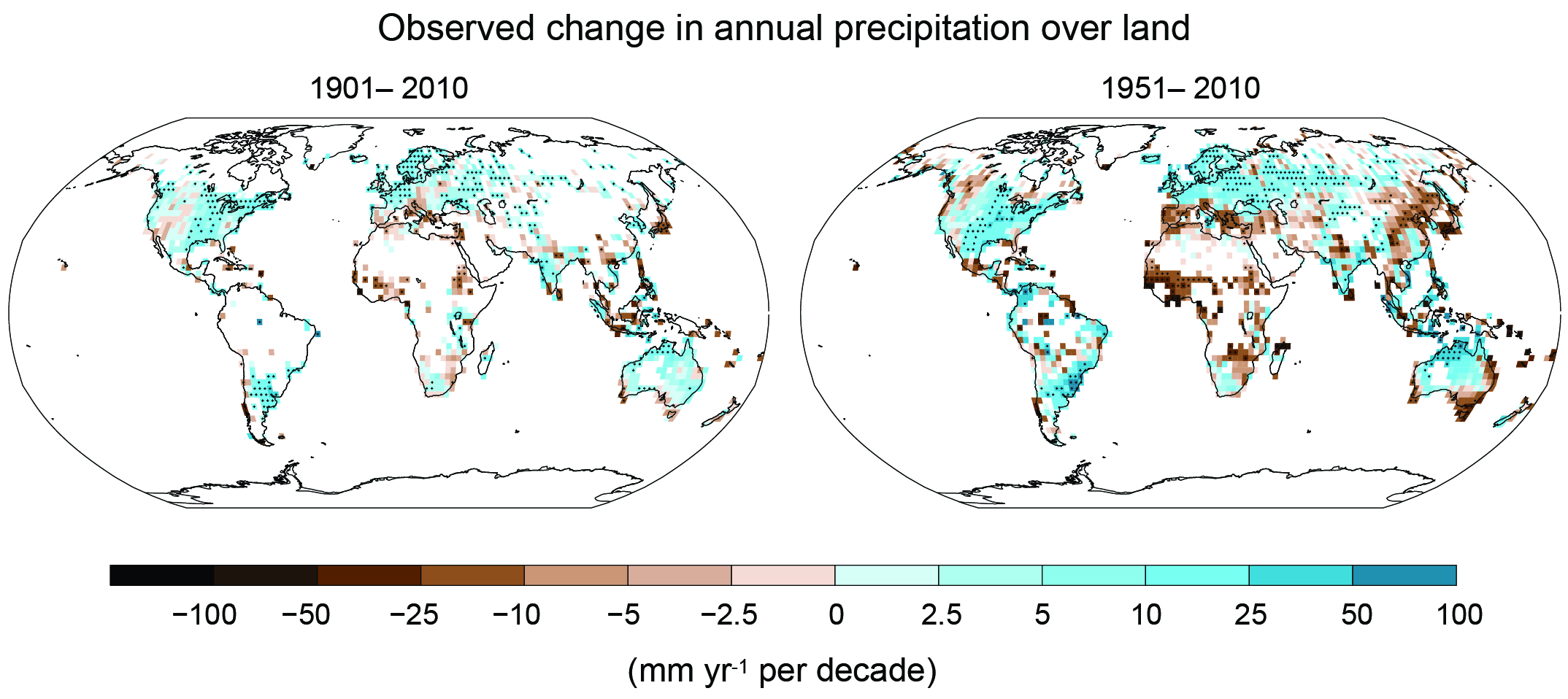 source:
source: 